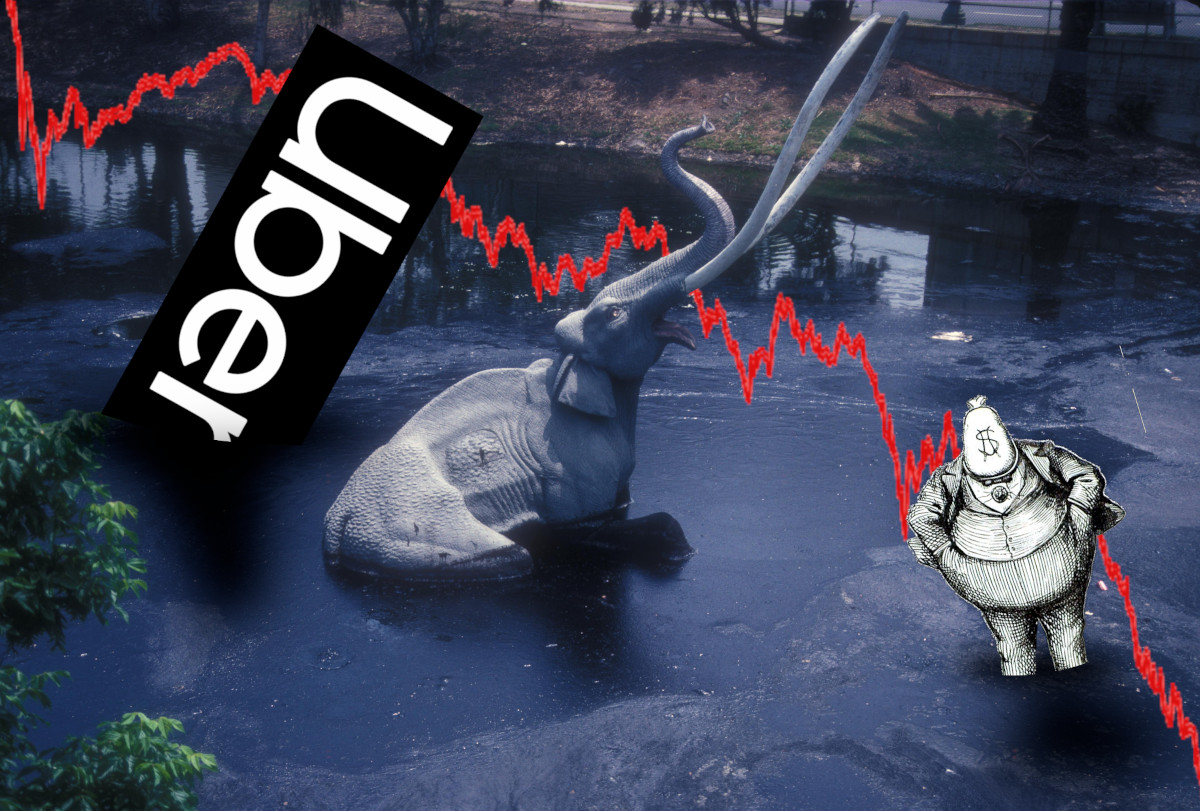
Any time a government starts to make noises about regulating Amazon Marketplace to end its predatory and negligent management towards third-party sellers, the company trots out all kinds of apologists who claim that "Amazon is great for small businesses." 1/ 

If you'd like an unrolled version of this thread to read or share, here's a link to it on pluralistic.net, my surveillance-free, ad-free, tracker-free blog:
pluralistic.net/2022/02/10/mon… 2/
pluralistic.net/2022/02/10/mon… 2/
But the daily reality for users of Amazon's platform is very different. They must somehow cope with automated account suspensions and terminations that can only be appealed to barely-supervised bots. 3/
Also: floods of counterfeits and fake reviews; SEO tricksters and Amazon's own ripoffs of its sellers' data, the platform is a minefield for sellers. 4/
Today in @ThePropsect's "Rollups" series on monopolized industries, @KristaKBrown dissects the "Amazon Gator" industry - a multibillion-dollar aggregator" sector that buys up independent sellers and rolls them up into a sprawling gigacompanies.
prospect.org/power/rollups-… 5/
prospect.org/power/rollups-… 5/
Companies like Thrasio - valued at $5-10b - gobble up small merchants who have all of their savings tied up in small businesses that are being destroyed by Amazon's neglect or predation. 6/
Thanks to its cash reserves, Thrasio can perform SEO tricks (like selling a product below cost for six months to get it "recommended" status) and work its backchannels to Amazon when its products are hit by automated takedowns or fake review attacks. 7/
Thrasio's business is so successful that it has spawned at least 85 competing "gators" who are buying up these distressed SMEs and putting them under common management. 8/
As Thrasio's founders candidly told investors, the more precarious the life of an independent seller is on Amazon, the more bargains it can get buying out those businesses and rolling them up. 9/
Things are very bad for independent sellers. In Congressional testimony, they describe their lives as Amazon sellers with words like "bullying," "fear" and "panic." 10/
All of this is great for Amazon, which charges "fees" to try to smooth over its own dysfunctions, to the point where sellers are now remitting 30% of their revenue in fees and commissions. 11/
Thrasio's ability to thrive where small businesses fail isn't just down to cash and know-how; its former CEO told investors that Amazon gives it "unique benefits that almost nobody else has in terms of account protections and things like that. 12/
So, I would say, overall, our relationship with Amazon is excellent." This is - of course - radioactively illegal. 13/
The story of Amazon's gators is a parable about how monopoly begets monopoly. Amazon's incredible leverage as a monopoly platform lets it screw over the companies that provide it with merchandise. 14/
The only way to fight back is to create megafirms that are able to fight Amazon on its own turf - a Mothra to fight Godzilla.
Thrasio has competition (from other gators) but it's determined to stay out front. 15/
Thrasio has competition (from other gators) but it's determined to stay out front. 15/
It has published a book on how to sell your company to Thrasio (Brown likens it to "Hansel and Gretel being fattened up for the witch’s dinner"):
thrasio.com/resources/gett… 16/
thrasio.com/resources/gett… 16/
And it has spun out Yardline, a sister company that provides "pseudo-investment" - the money it takes to build an Amazon seller up to the point that it's worth Thrasio's while to buy it and roll it up. 17/
Yardline shares its portfolio data with Thrasio, so they can see which companies are worth buying.
Yardline itself just got sold - to Swiftline, a company that came into existence the day of the sale, which is owned by former Thrasio execs. 18/
Yardline itself just got sold - to Swiftline, a company that came into existence the day of the sale, which is owned by former Thrasio execs. 18/
By the way, Yardline's founder, Ari Horowitz, is a piece of work.
This is a guy who stole the seating chart to for a friend's wedding so he could corner a potential investor:
forbes.com/global/1999/10… 19/
This is a guy who stole the seating chart to for a friend's wedding so he could corner a potential investor:
forbes.com/global/1999/10… 19/
And who described the benefits of the temps his agency hired out thusly: "They do all the work, you take all the credit."
nytimes.com/2000/03/05/mag… 20/
nytimes.com/2000/03/05/mag… 20/
Brown closes: "If Thrasio is the emblem of today’s version of innovation, which is little more than capital and consolidation, it’s hard to imagine that our economy won’t become a gutted shell of its former self." 21/
Image:
Adam Baker (modified)
flickr.com/photos/atbaker…
CC BY 2.0:
creativecommons.org/licenses/by/2.… 22/
Adam Baker (modified)
flickr.com/photos/atbaker…
CC BY 2.0:
creativecommons.org/licenses/by/2.… 22/
• • •
Missing some Tweet in this thread? You can try to
force a refresh











